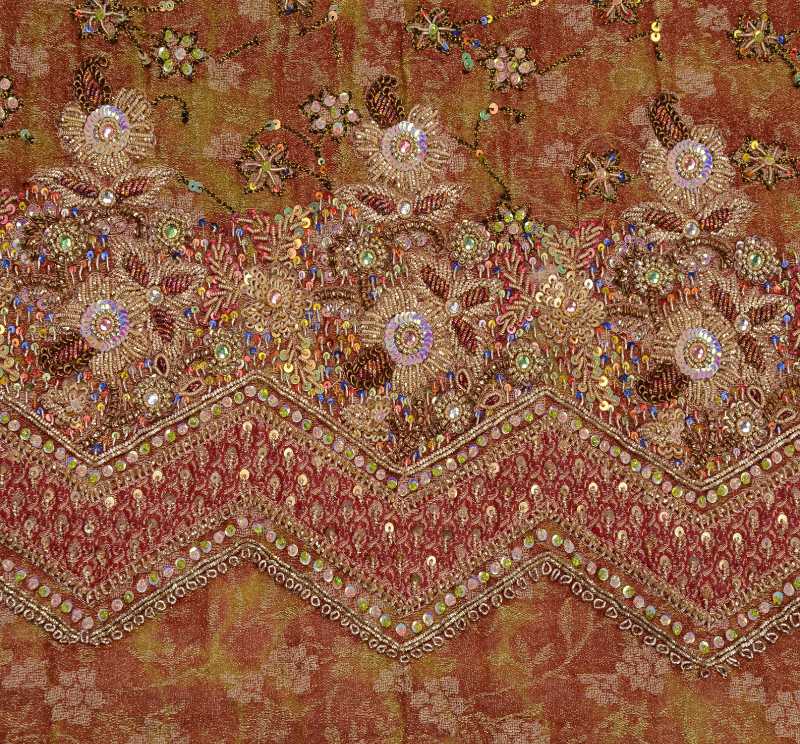===
0802,
13
===

=== |
 |
aa;saar : 'Footprints, vestiges, tracks, traces, marks, signs, tokens, remains, relics, monuments or memorials; effects; impressions; indications of state or condition, promises, symptoms; ... origin; basis, foundation (of a building, &c.)'. (Platts p.22)
((iyaa;N : 'Clear, evident, visible, manifest, open, public, conspicuous'. (Platts p.767)
FWP:
SETS
MOTIFS == HOME
NAMES
TERMSThe first thing this verse made me think of was the many old, derelict tombs and pavilions all over India in which people now live. To have people living in their tomb, or tearing down their tomb for bricks to make a house, might almost seem like part of the price that 'great men' pay for fame. It might not necessarily be a sign of the hard-heartedness or decadence of the living. The two other verses that SRF cites both envision the reuse of the dust of former generations as a universal, inescapable part of the human condition.
More intriguingly, the emphasis could instead be made to fall on the contrast between the present state of the great ones' dust (which is so dead that it's unknowingly-- and inevitably-- used for brick-making) and that of their aa;saar , their traces or signs, 'effects' or 'impressions', which perhaps include reputation or memory (see the definition above). These aa;saar still are, as the second line tells us, very much present and apparent on earth. So if their bodies are gone but their traces or effects remain, is that a form of death, or of survival?
Or, Sufistically speaking, perhaps 'to make a house/home from the dust' of some great man could even be an extreme form of 'taking refuge in' him. Perhaps it's a tribute that wouldn't be extended to someone whose memory was no longer alive.